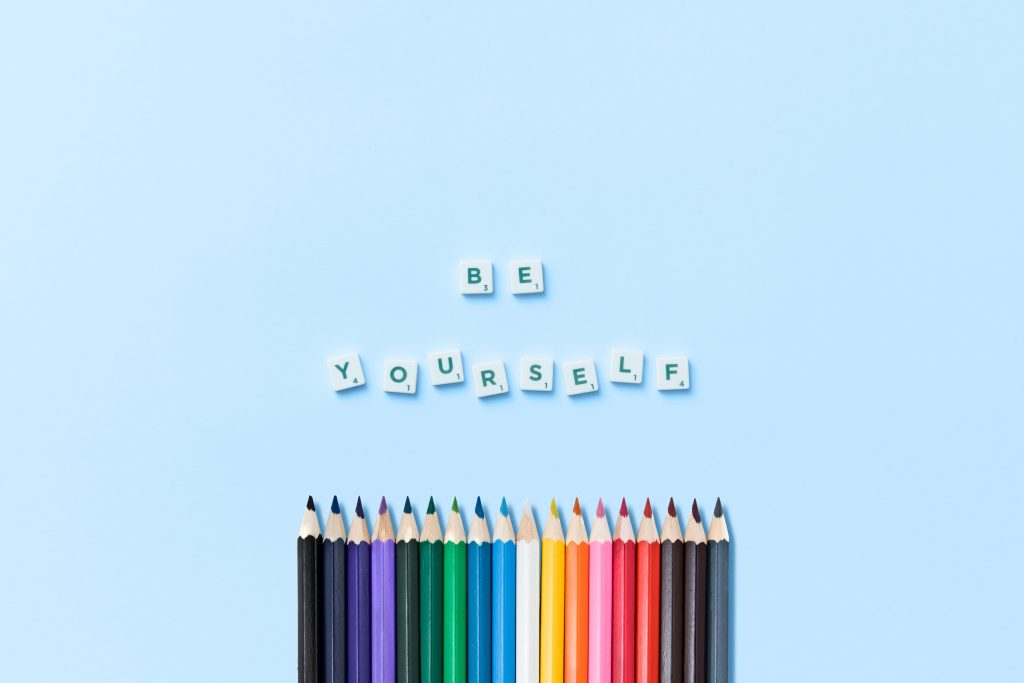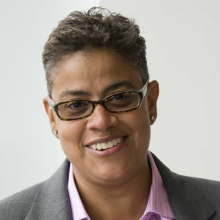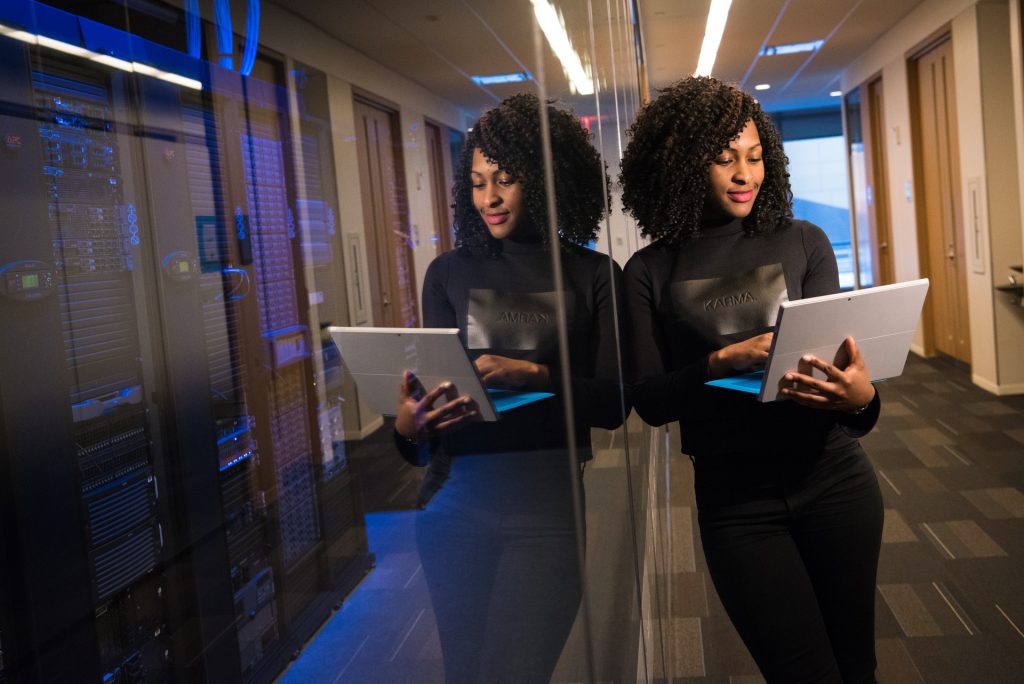
This article from Entrepreneur highlights the unique challenges faced by Black women entrepreneurs and offers three key strategies for success. It emphasizes the importance of bringing one’s own perspective and authenticity to drive change, advocating for diversity and oneself, and staying informed and committed to making a difference in underrepresented communities. The article underscores the significance of resilience, a clear vision, and unwavering commitment in achieving success and positively impacting the world as a Black woman entrepreneur.









